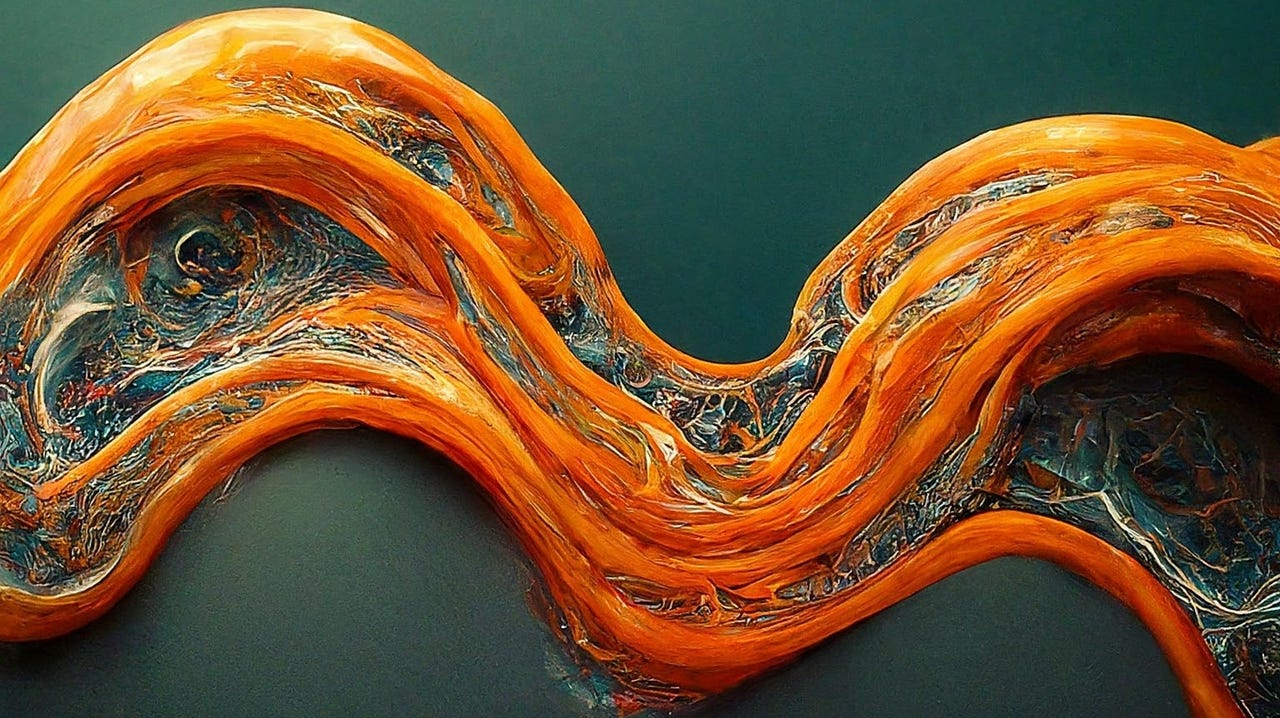
ImageFX-generated photo with the prompt: An abstract photo that represents technology. Sabrina Ortiz via ImageFX/ZDNET
ZDNET’s key takeaways
- ImageFX, from Google, is free to use and is easily accessible today via its website or Google Labs.
- It’s an easy-to-use image generator that produces impressive, high-quality results.
- However, if you rely on an image generator for your everyday workflow, there are better options for you.
Google was late to the image generator game, releasing its first AI image generator, ImageFX, to the public last week, over a year after DALL-E 3 was released. The burning question is: Was the wait worth it? I am happy (and surprised) to report it was.
Accessing the free tool is easy; all you have to do is visit Google Labs and select ImageFX or visit the ImageFX page directly. Then, you sign into your personal Google account and you are set to start tinkering.
Also: I’m taking AI image courses for free on Udemy with this little trick – and you can too
You can generate an image as you would with any other text-to-image generator, typing in what you’d like to see generated with as much or as little detail as you please.
When the chatbot was released, Google claimed that it could tackle complex prompts realistically, such as generating hands and faces. To put that to the test, I used the prompt, “two hands typing on a silver keyboard with a laptop in the background.” The results did not disappoint.
ImageFX quickly generated four images of hands on a keyboard that looked realistic, with each hand having five proportionate fingers, a big feat for a generative AI model. The photos were of such high quality and looked like stock photos one would find in Getty Images. I included a close-up photo below so you can see the detail.
Revisiting the image at a later date is easy, with a download and share button found underneath the photo you generated.
ImageFX also includes a unique feature, expressive chips, which Google describes as allowing users to “quickly experiment with adjacent dimensions of your creation and ideas.” When reading the description, I was initially confused about it, but it is much simpler than it sounds.
Also: 5 reasons to sign up for Google Labs and how to do it
All expressive chips do is highlight parts of your prompts and add drop-downs that you can select from to tweak your generated image slightly. Once you click the drop-down and select a new option, the new image generates with that individual tweak.
For example, I selected the dropdown for “silver keyboard,” and changed it to the “red keyboard” option, and hit generate. It generated similar images, with the only major difference being the keyboard color.
The expressive chips and the style suggestions underneath the text box make ImageFX ideal if you are beginning to experiment with AI image generation or if you want to tinker with one for fun.
It is also worth noting that all images generated with Imagen 2, Google’s most advanced text-to-image model, including the ones generated by ImageFX, will be watermarked with SynthID, a tool developed by Google DeepMind that watermarks photos in a way that is imperceptible to the human eye but can be used for identification.
Also: How to use Leonardo AI to generate stunning artwork and images
This can give you peace of mind that an image that you generate or others generate — no matter how realistic they look — will have a designation that they were AI-generated, helping combat misinformation.
ZDNET’s advice
Google’s ImageFX AI image generator is free and easy to use, and for that reason, I would encourage everyone to give it a try. The generator is capable of producing high-quality and realistic images, so it could suit many different purposes, such as generating images for your flyer, website, or just for fun.
However, if you do have a specific use case, I would recommend looking into what AI image generator could best suit your specific needs. For example, if you plan to use an image generator for your business, it would make sense to explore options that generate commercially safe photos with proper licensing, such as Generative AI by Getty Images. For a full breakdown of the best AI image generators, you can visit ZDNET’s picks.
Disclaimer: You should consider the legal consequences (e.g. copyright) of using AI-generated images before implementing them into your work.







